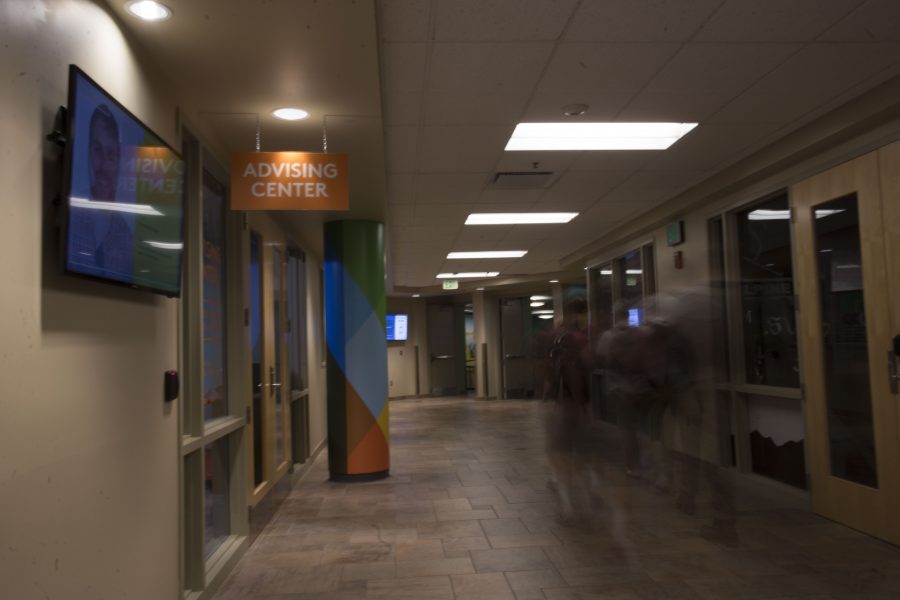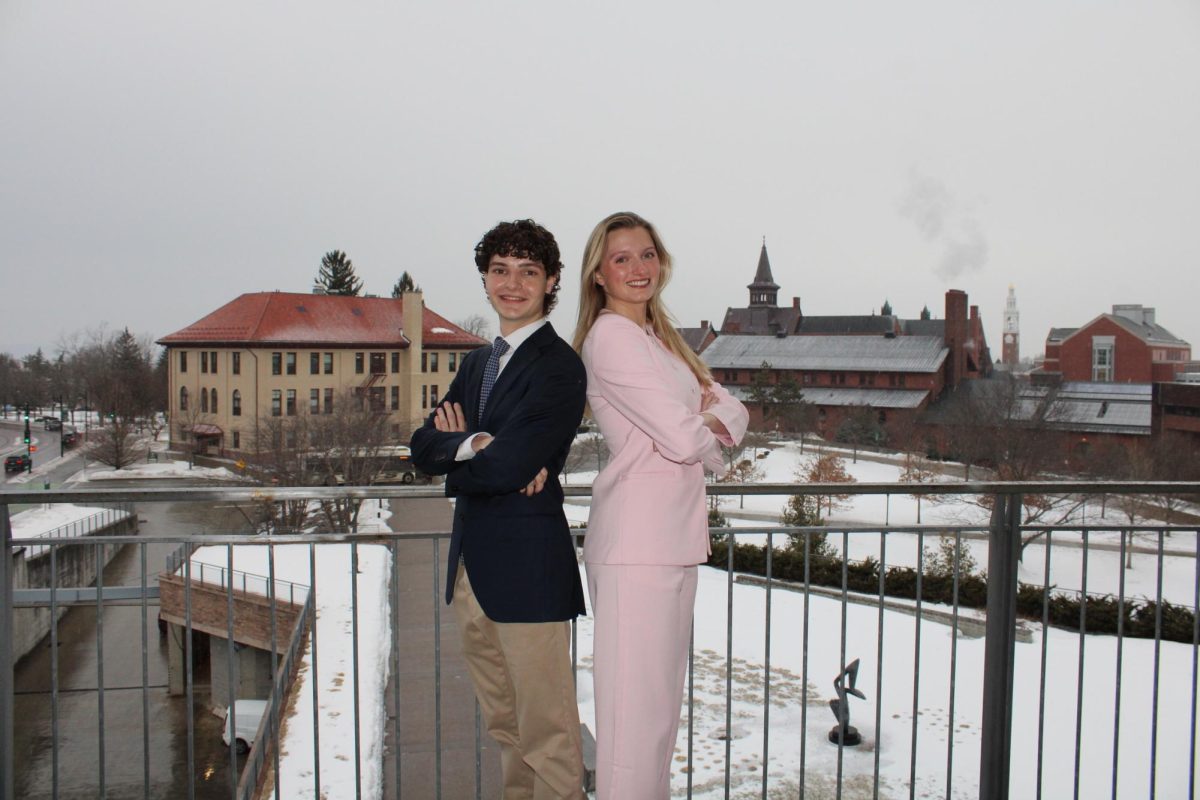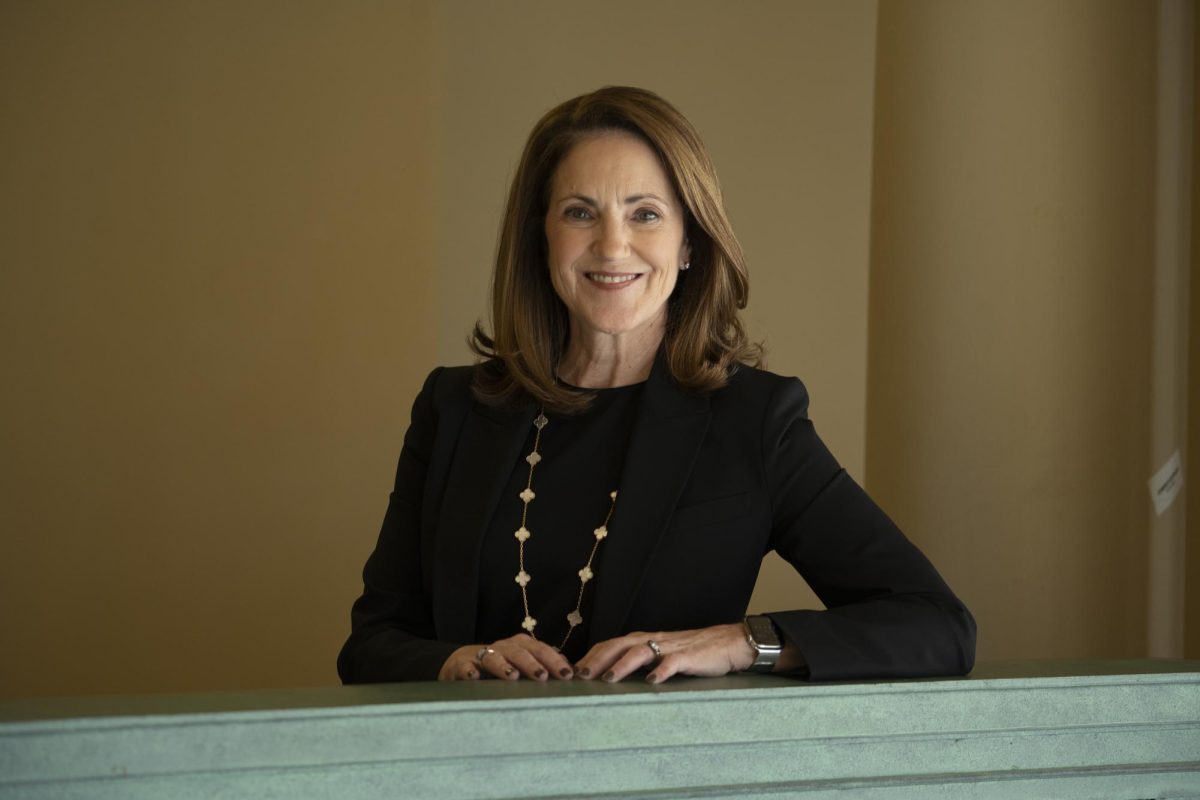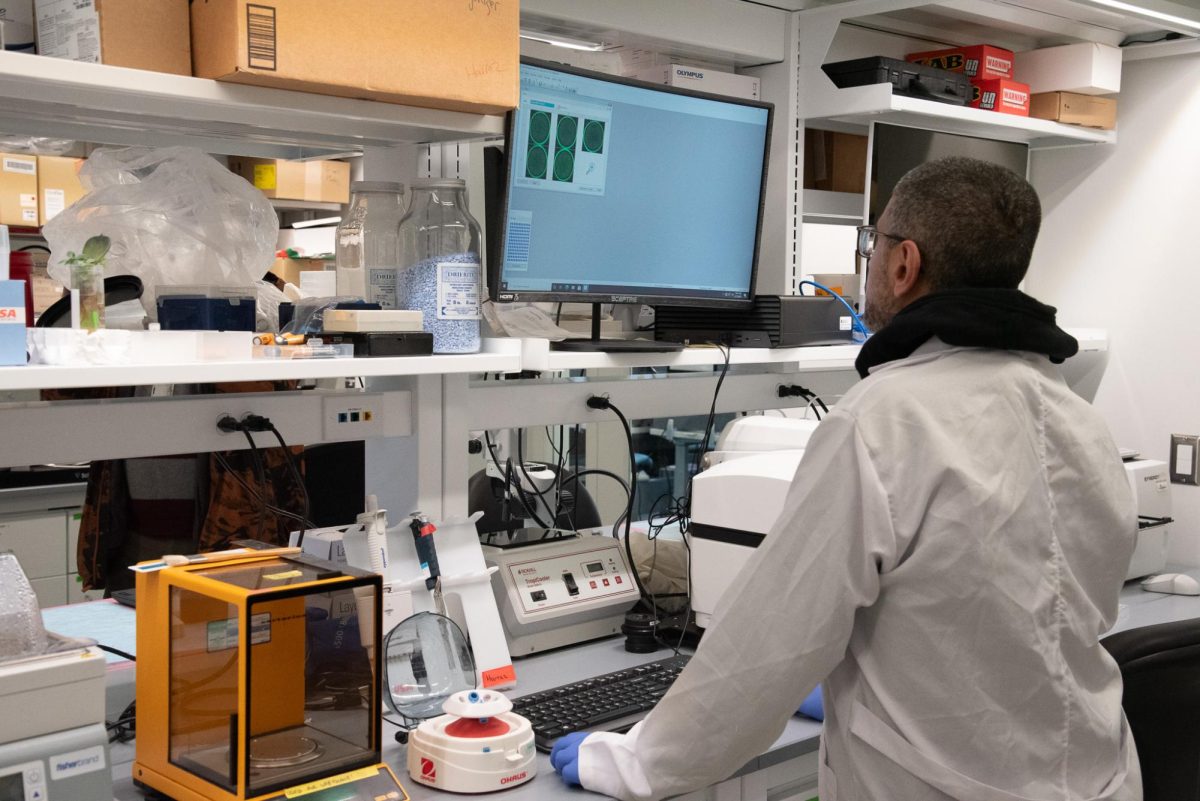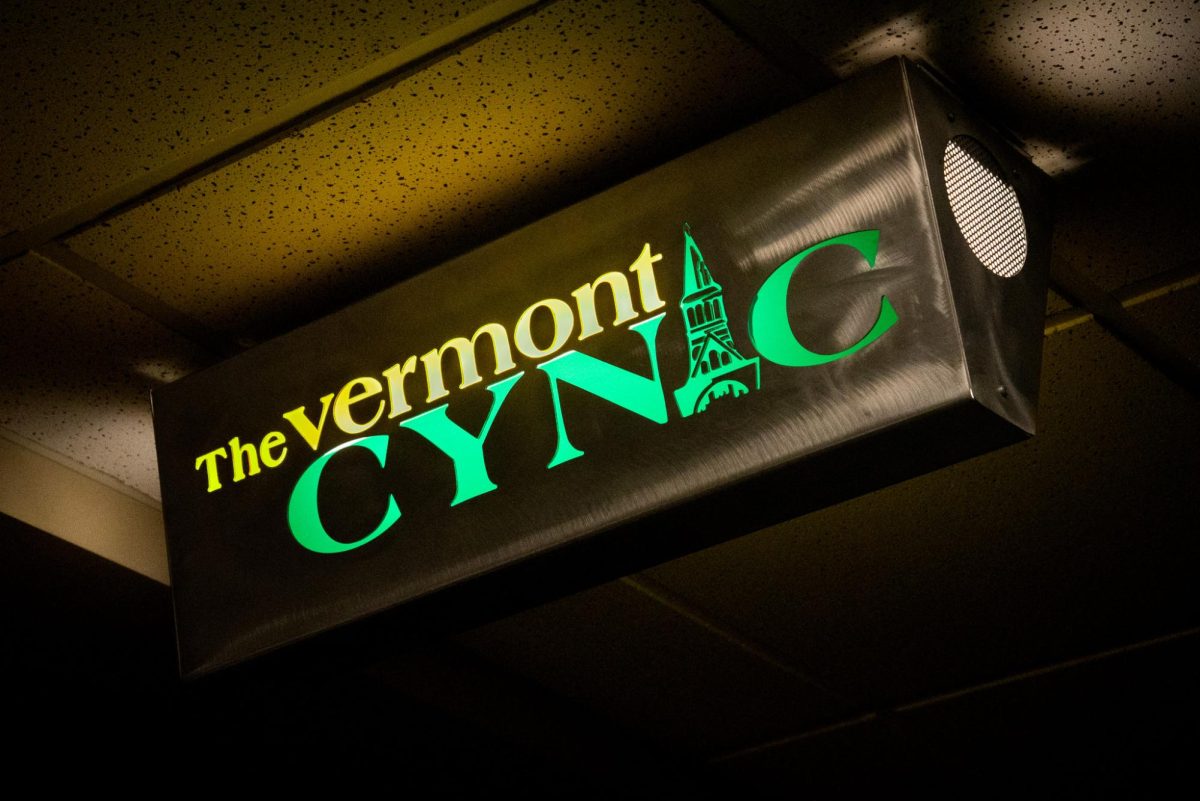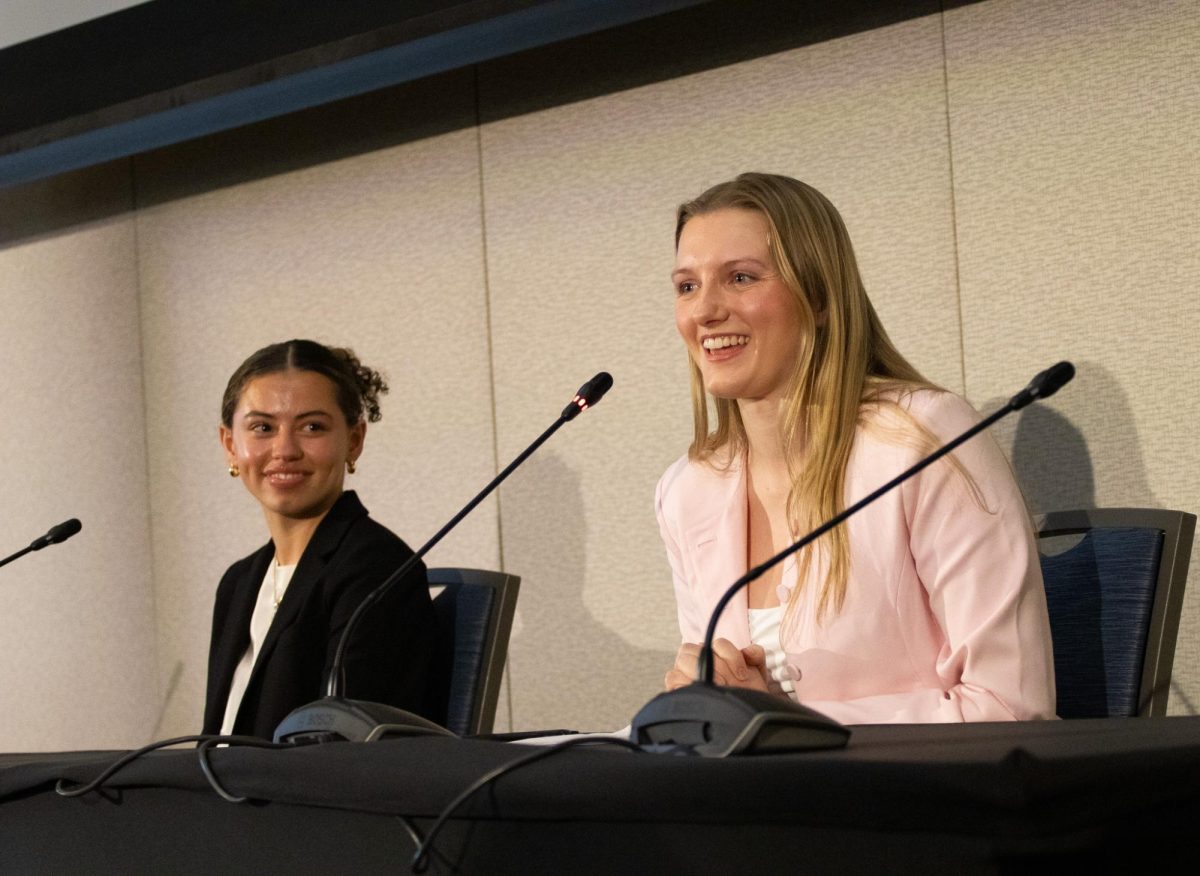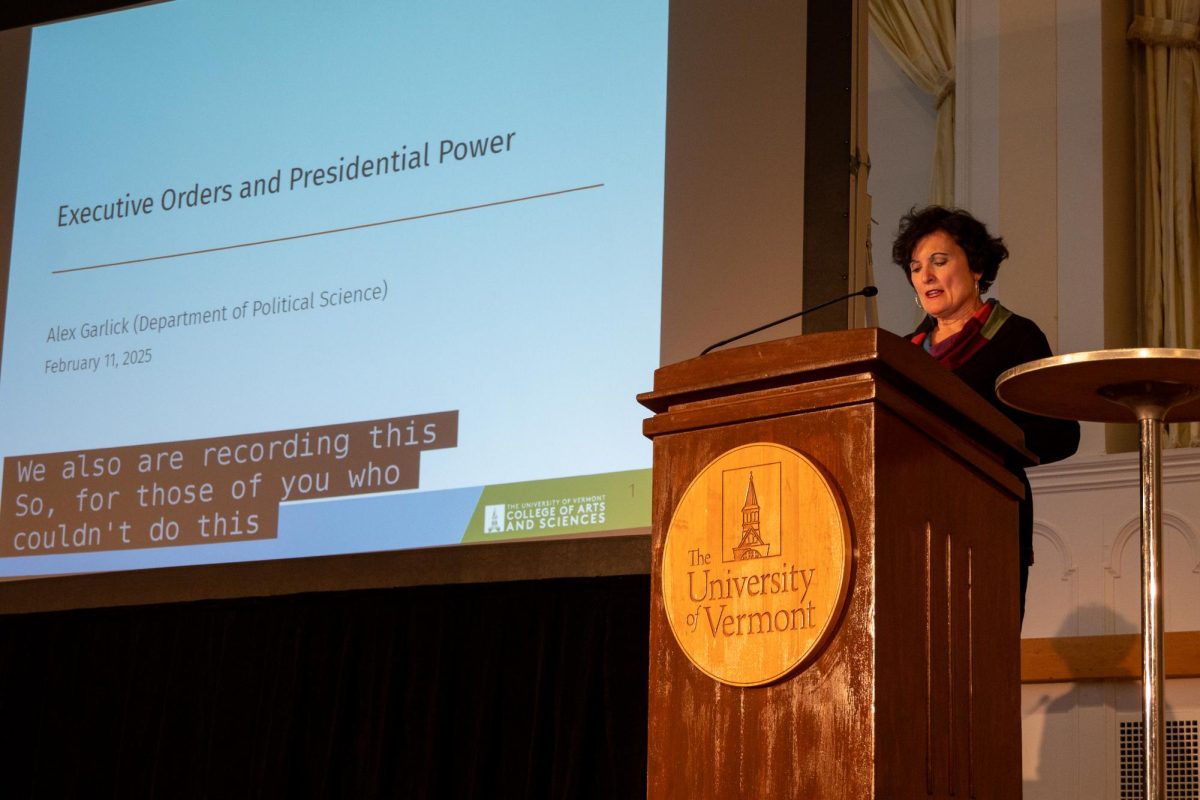UVM’s peer mentor program has launched with plans to expand by the end of the academic year.
It will cost $102,000 to implement the program for the 2016-2017 academic year, according to the official bill titled the Peer Advising for Learning Success Act.
The student advisers will be paid a $300 per-semester stipend and a full-time coordinator will be employed with a salary of $65,000, according to the bill.
There are currently 40 men- tors employed with the program expanding to 80 in fiscal year 2018 eventually reaching 240 mentors by 2020, according to the bill.
After fiscal year 2021, a per-semester fee of $3.65 will be charged to first-years to make up for the costs of advising over 2,400 students, according to the bill.
The SGA-created program is an initiative that will allow first- year students to have access to more than just a faculty adviser, after hearing complaints from students about their advisers’ lack of accessibility and overall helpfulness, SGA President Jason Maulucci said.
Students will be able to interact with peer mentors in the Advising Center in the Davis Center.
This summer, upperclass- men in the Grossman School of Business, biology department and mathematics and statistics department were trained to become mentors for first-year students.
“Each department did recruiting differently,” Maulucci said. “It was a very selective application and interview process. There were three times as many applications than we could actually accept, so we know it’s a very strong group of mentors.”
Senior Kelly Glander, student mentor in the mathematics and statistics department, ap- plied to be a mentor because she felt the program was something she could have used as a first- year student.
“I changed my major four times between my first and third semesters, I didn’t have a great advisor and I didn’t really have any friends in similar fields of study as me,” Glander said. “I think that someone who had similar academic interests as me and who wasn’t my adviser would have been a great person to talk to.”
Glander met with her group of first-year mentees during the first week of classes to talk about how the first week was going, along with providing students pizza.
Other mentors have not yet met their mentees, though they have been in contact since the summer through email and plan to meet shortly, mathematics and statistics mentor Andrew Robartes, a junior, said.
Having access to a peer mentor as a first-year through the Honors College program inspired him to apply to become a mentor this semester, he said.


